DTF is an acronym you might come across in text messages, social media chats, or even dating apps. It’s a shorthand expression that has become a recognizable part of internet slang and modern conversational language. But what does DTF stand for, what’s its connotation, and—most importantly—how do you respond to it politely, professionally, or casually?
This article takes a deep dive into the meaning of DTF in text, explores situational interpretations, and provides alternative phrases and replies suitable for various tones and settings—whether you’re aiming to keep it lighthearted, respectful, or tactfully firm.
What Does DTF Stand For in Text?
DTF is an acronym that stands for “Down To F*.”** It’s often used informally to suggest a willingness to engage in sexual activity, typically in a casual or no-strings-attached context.
The phrase originated in slang and gained mainstream popularity through pop culture, particularly in media like Jersey Shore, where it was used frequently and unapologetically. Today, it’s widely recognized, but it still carries a very direct, sexually charged implication.
✅ Quick Summary:
- Acronym: DTF
- Stands For: Down To F***
- Tone: Casual, explicit, informal
- Context: Dating apps, private chats, or casual conversations
- Not appropriate for: Formal settings, professional communication, or public discussions
Is DTF Always About Sex?
Yes—in nearly all contexts, DTF retains its original sexual connotation. However, its tone and interpretation may vary based on the surrounding conversation, the relationship between speakers, and the platform of communication.
For example:
- On Tinder or Bumble, someone saying “Are you DTF?” is likely being blunt about their intentions.
- Among friends joking around, it could be used humorously or ironically—but it still alludes to its root meaning.
It’s rarely used outside of its explicit context unless it’s being referenced sarcastically or in memes.
Why Should You Be Cautious with DTF?
Because it is highly explicit, using or responding to DTF can lead to misunderstandings, offense, or discomfort. Especially in professional or respectful conversations, even hinting at such expressions can feel inappropriate.
If you find yourself needing to respond to or replace the term DTF, having alternative phrases can help you maintain the right tone.
How to Respond to DTF Politely, Casually, or Professionally
✅ Rule of Thumb:
Your response should always match your tone and intention. Are you:
- Interested and casual?
- Offended but want to remain polite?
- Looking to shut it down professionally?
Each situation requires its own strategy.
Below are 15 common ways to respond, grouped by tone and context.
✅ 15 Professional, Casual, and Polite Responses to DTF
🔹 If You Want to Decline Politely:
- “I’m not really looking for that kind of connection.”
- “Thanks, but I’m here for something more meaningful.”
- “I prefer getting to know someone first.”
- “I appreciate your honesty, but I’m not interested in casual encounters.”
- “I’m flattered, but that’s not really my style.”
Why these work: They are respectful, firm, and avoid engaging in inappropriate or explicit language while maintaining your dignity.
🔹 If You’re Interested but Want to Keep It Classy:
- “That’s a bold question—maybe let’s chat a bit more first?”
- “I appreciate your directness! Let’s see where this goes.”
- “Possibly, but I value chemistry and context.”
- “Only if the vibes are right 😉.”
- “Let’s talk and see if we’re a match beyond just that.”
Why these work: They don’t reject the idea but add boundaries or openness, which helps steer the conversation away from objectification.
🔹 If You Want to Keep It Casual or Sarcastic:
- “LOL, you’re not even buying me dinner first?”
- “Is that your opener? Bold move!”
- “Wow, straight to the point, huh?”
- “DTF? I thought we were just talking snacks 😅.”
- “I’ll need a bit more than just three letters to say yes.”
Why these work: They diffuse the bluntness with humor while letting the other person know their approach might need some work.
Alternatives to Using DTF (Clean, Classy, and Contextual)
If you want to express romantic or physical interest without sounding crude, here are cleaner and classier alternatives:
💬 Instead of saying “DTF,” you might say:
- “Are you open to a spontaneous connection?”
- “Would you be interested in a fun, no-pressure evening?”
- “Do you like casual dating or something more serious?”
- “How do you feel about just going with the flow?”
- “Are you into low-commitment hangouts or more traditional dating?”
These soften the intent, respect boundaries, and signal adult conversation without being explicit.
Why People Use Acronyms Like DTF in Text
The main reasons acronyms like DTF are used include:
- Anonymity: It’s easier to text three letters than spell something direct.
- Speed: In fast-moving chats or dating platforms, acronyms are quick.
- Tone management: Using slang can appear “chill” or “low-pressure.”
However, the downside is that it can feel too forward, impersonal, or even disrespectful, especially to someone unfamiliar with internet slang.
Tone, Timing, and Tact: What Really Matters
Saying “DTF” without context can derail a conversation. So, what should you consider before you use (or respond to) it?
🔍 Consider These Factors:
- Who you’re talking to: Are they familiar with slang or would they find it offensive?
- What platform you’re using: Dating app? Text message? Social media?
- What tone you want to set: Romantic? Casual? Serious?
- How much rapport exists: Have you just started talking, or have you been chatting for a while?
Always remember: Respect is attractive. Crudeness—unless mutually understood—can shut down communication.
Alternatives to “DTF” for Different Settings
Let’s break down what to say instead of “DTF,” depending on the situation:
💼 Professional Setting (Avoid entirely):
- Don’t use anything resembling DTF.
- Stick to polite conversation, or redirect if someone uses inappropriate slang.
💕 Dating Apps:
- “Are you open to casual dating?”
- “Looking for fun or something serious?”
🎭 Humorous Chats with Friends:
- “Ready to mingle?”
- “Feeling adventurous tonight?”
- “You up for fun, or just food and sleep?”
🧊 Cold Messaging:
- Avoid slang like DTF. Instead:
- “Hey! I liked your vibe. Want to get to know each other better?”
Common Questions Around DTF
❓ Is it okay to ask someone if they’re DTF?
Only if:
- You’re both on the same page.
- You’re in an informal, consenting space (e.g., dating app known for hookups).
Otherwise, it’s risky.
❓ How do I respond without sounding rude?
Use the polite declines listed earlier. It’s possible to say no without being harsh.
❓ Does DTF mean someone is easy or loose?
No. Consent is personal, and interest doesn’t define character. DTF means willingness—not identity.
Final Thoughts: Language Reflects Respect
Slang like DTF exists to convey messages quickly, but tone and intent matter more than acronyms. If you’re using or responding to this term, remember that clear communication, respect, and tact are your strongest tools. Whether you’re joking with friends, chatting on a dating app, or navigating unexpected messages, knowing how to respond appropriately reflects maturity.


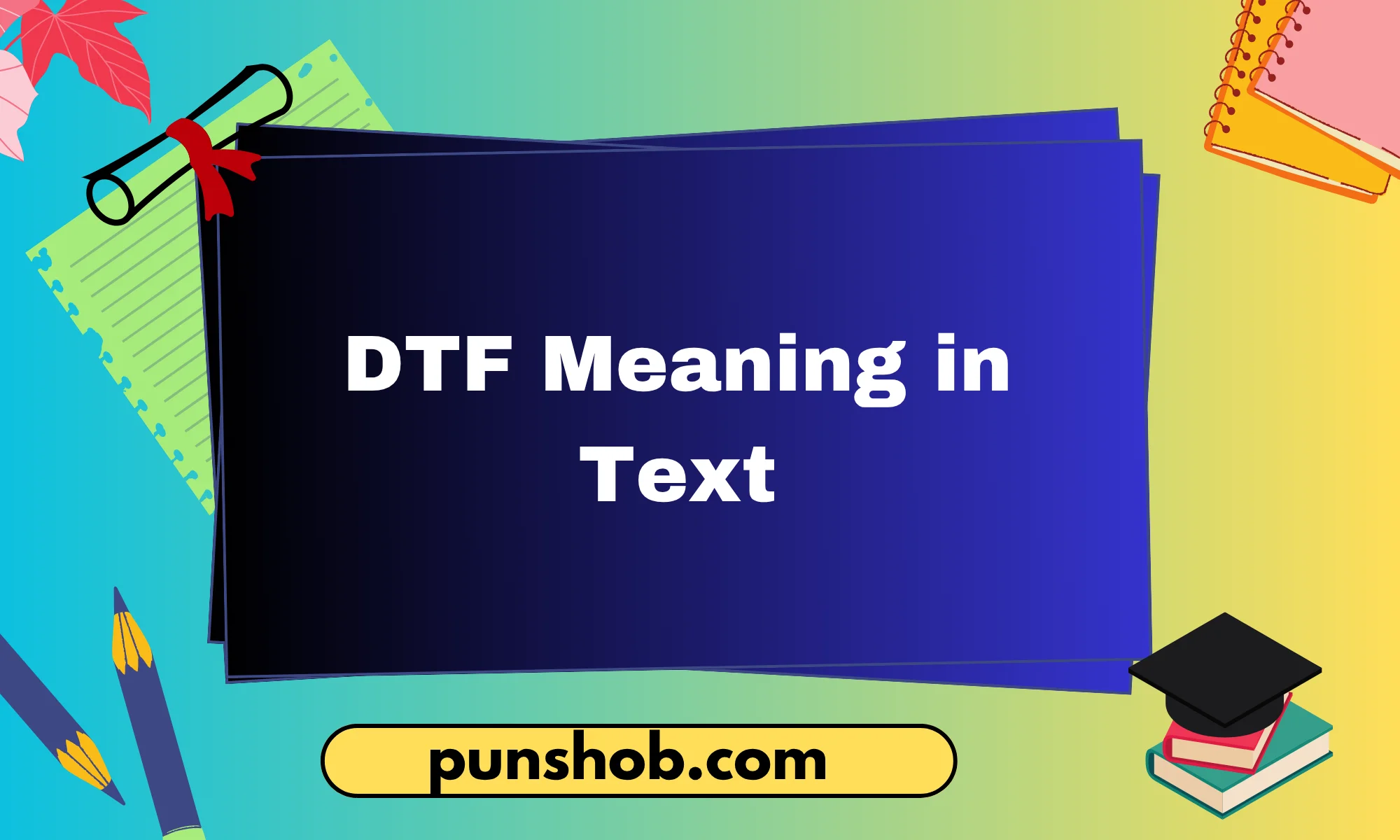


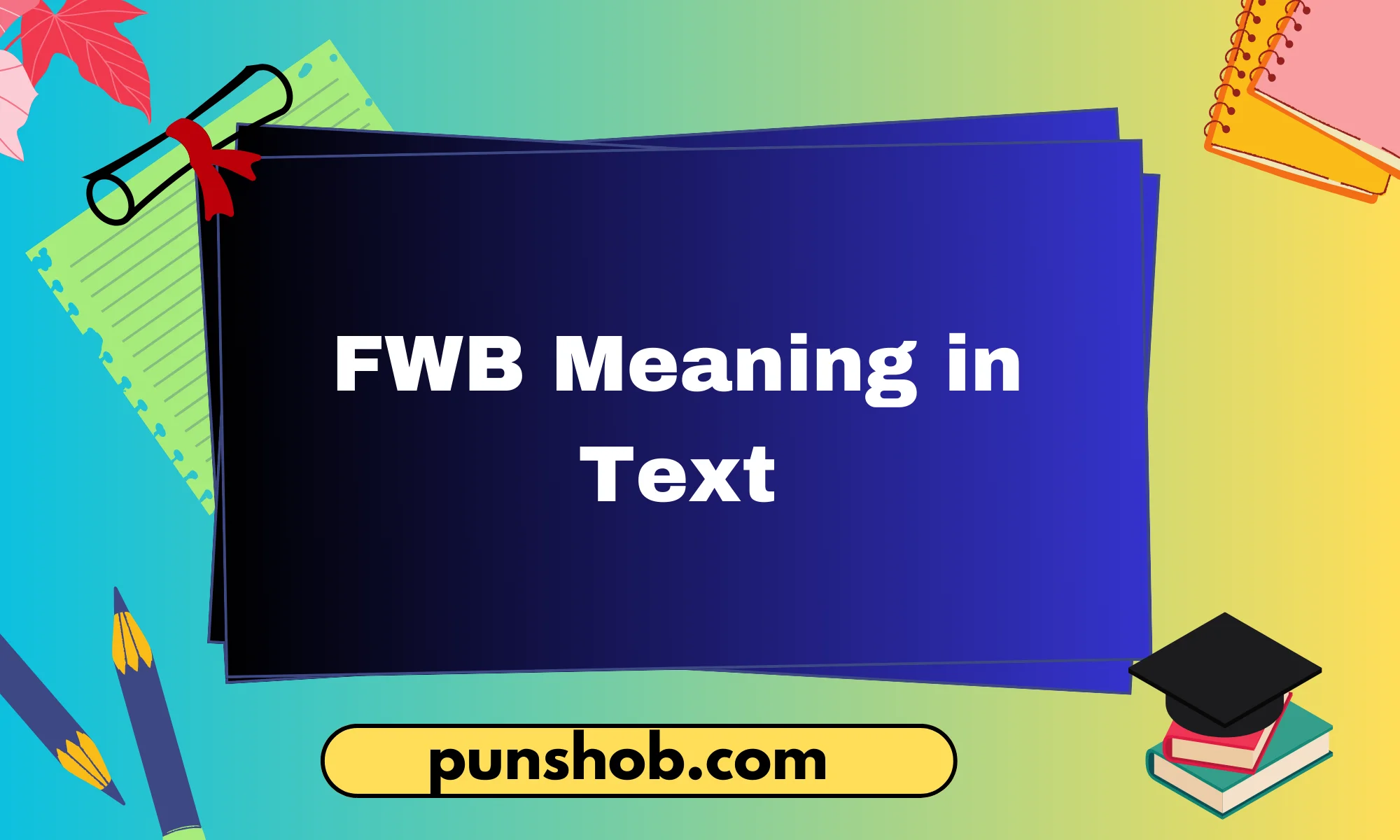
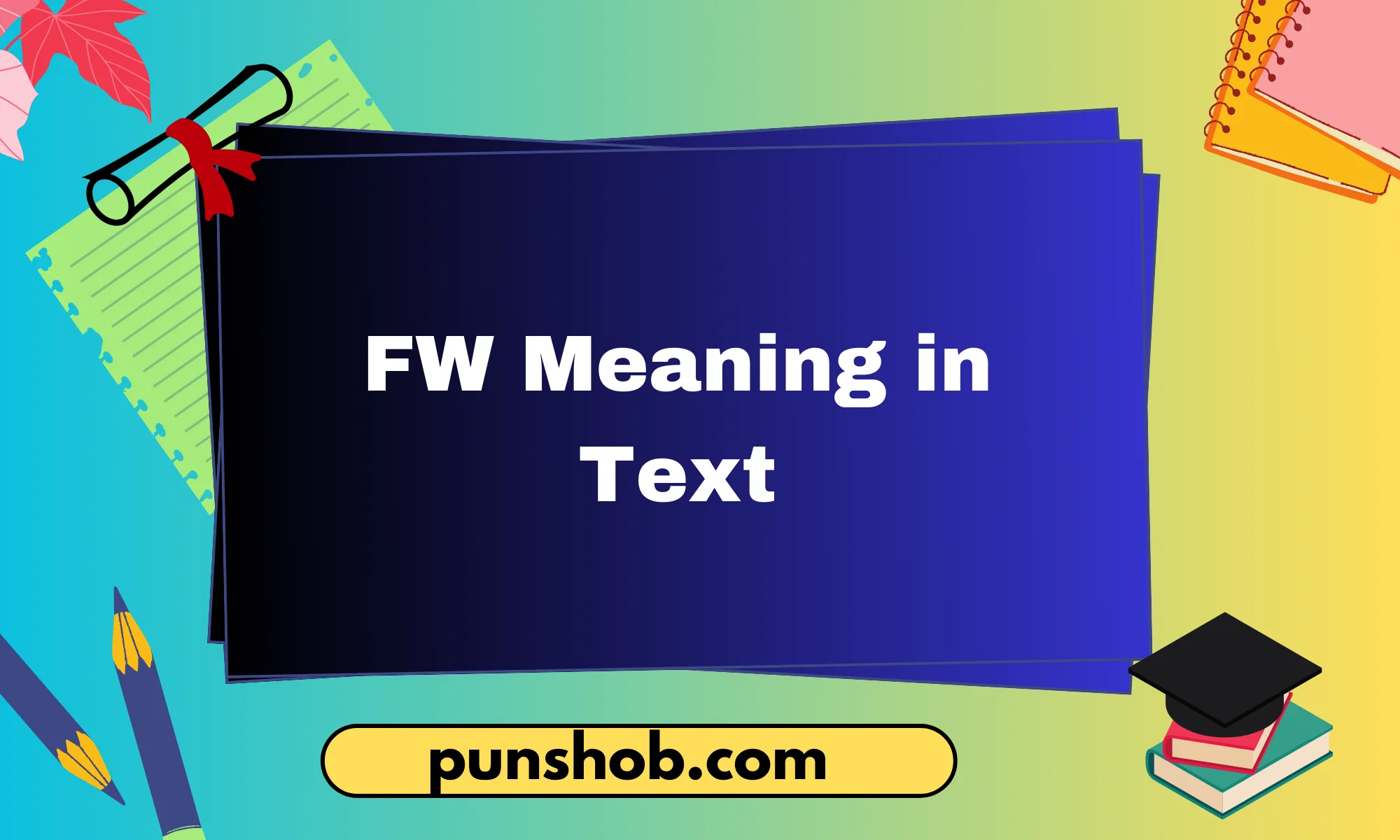

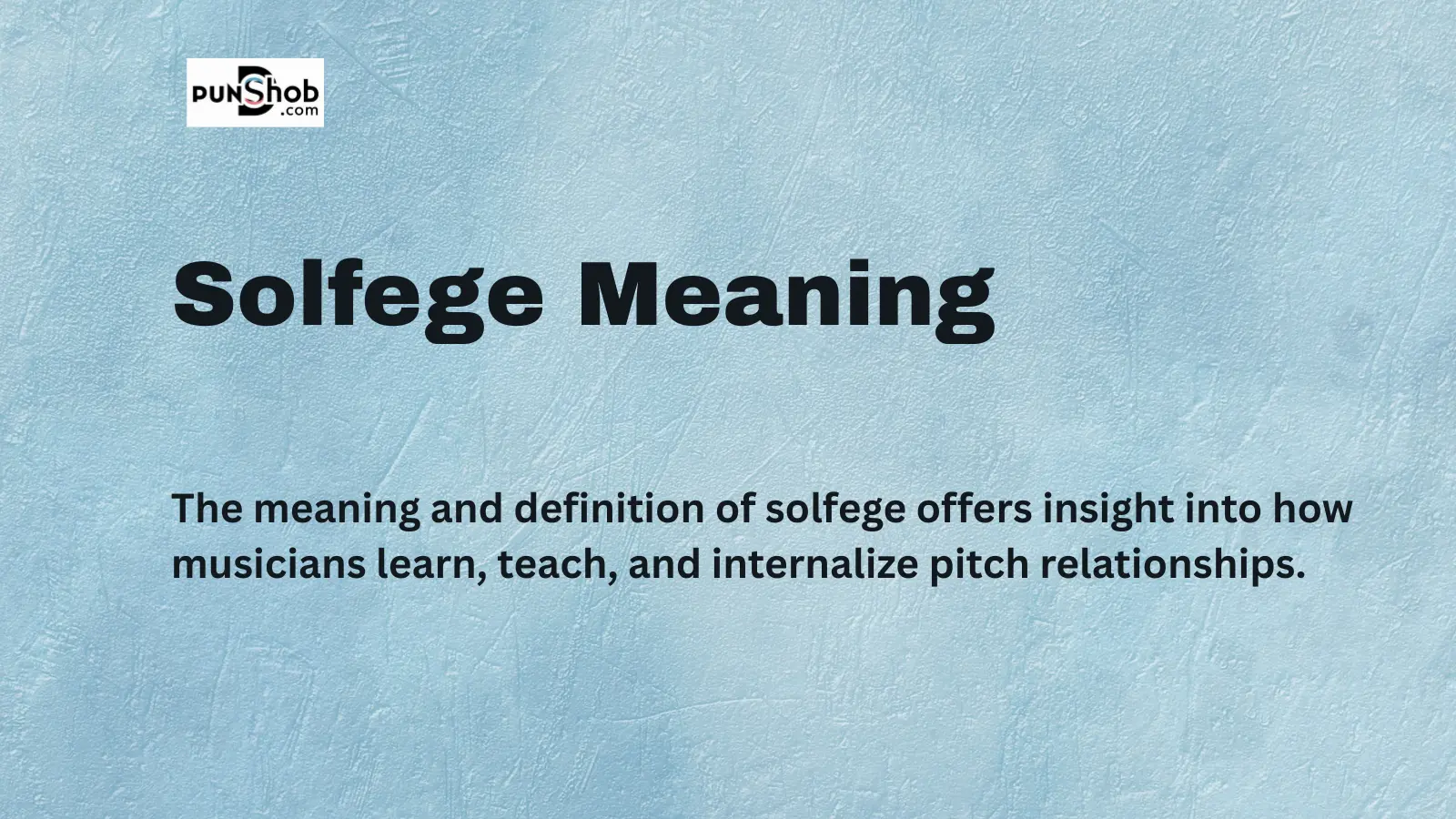

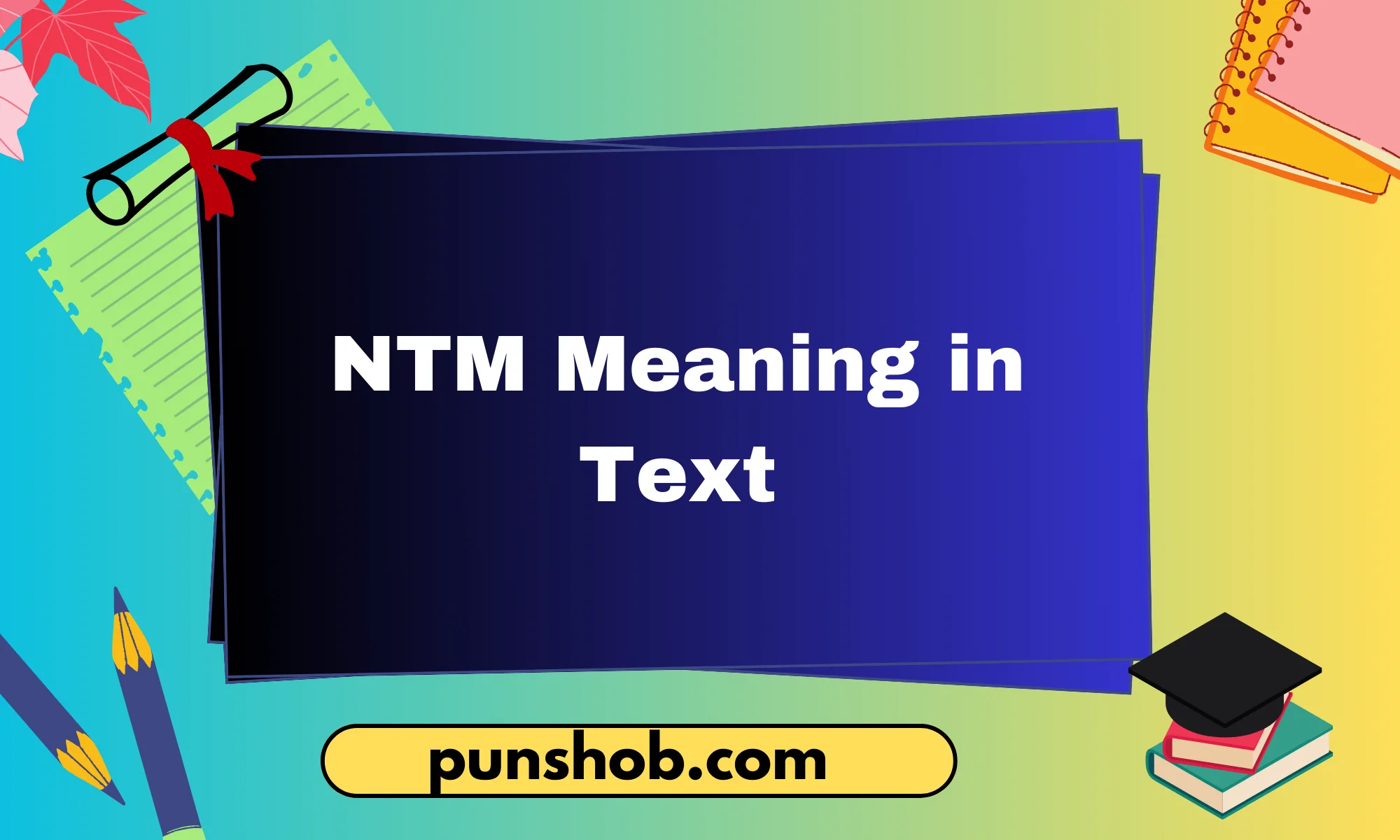
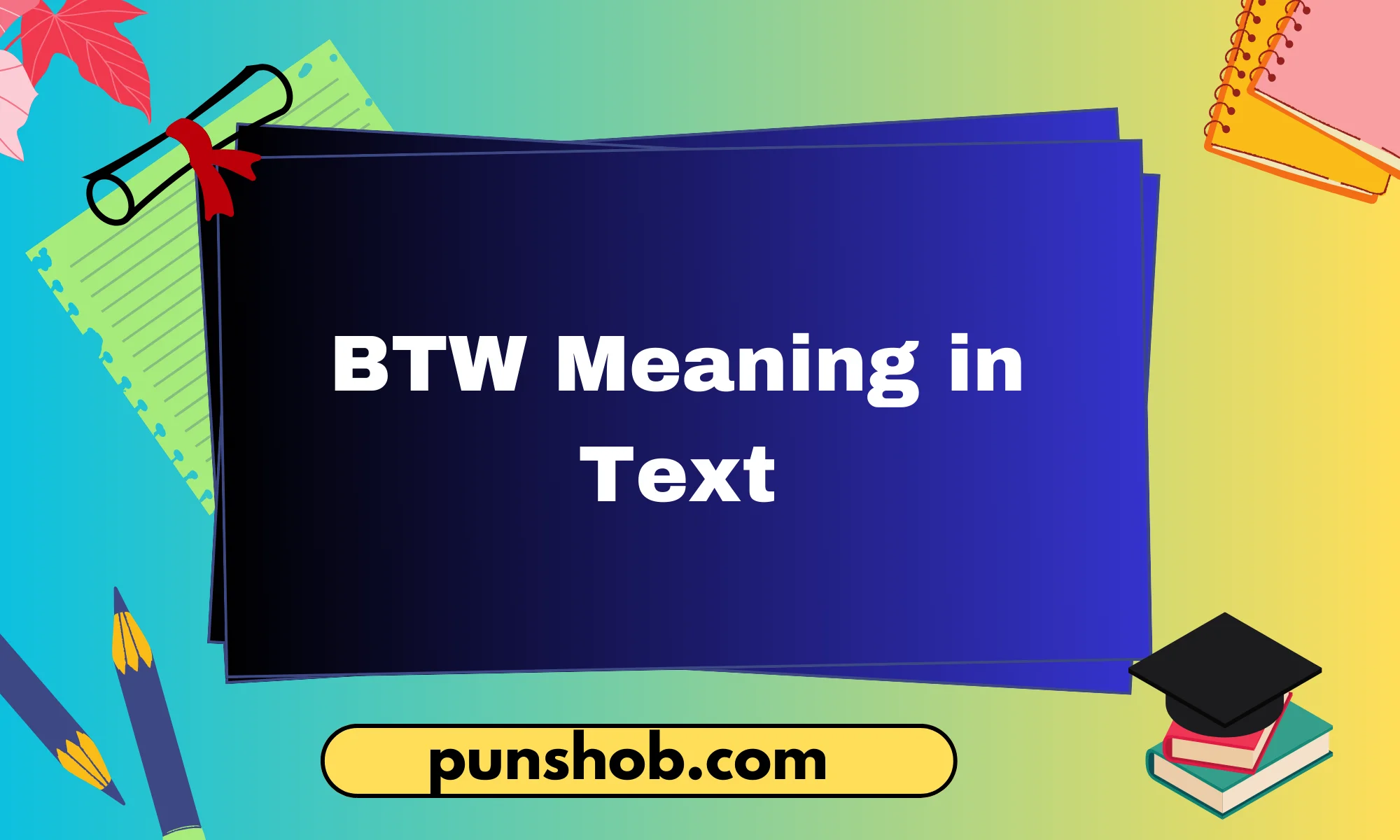

Leave a Reply